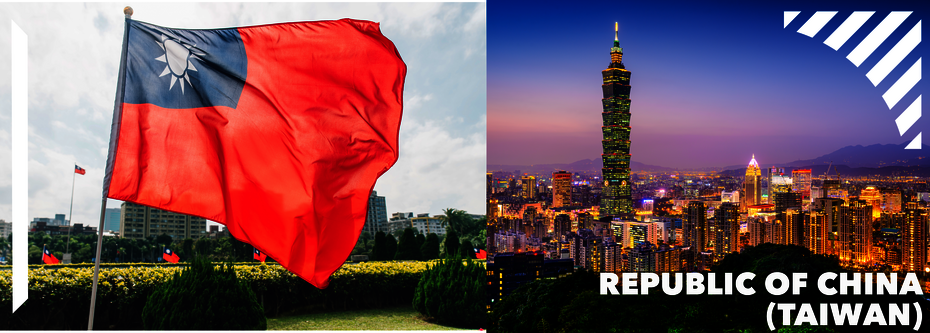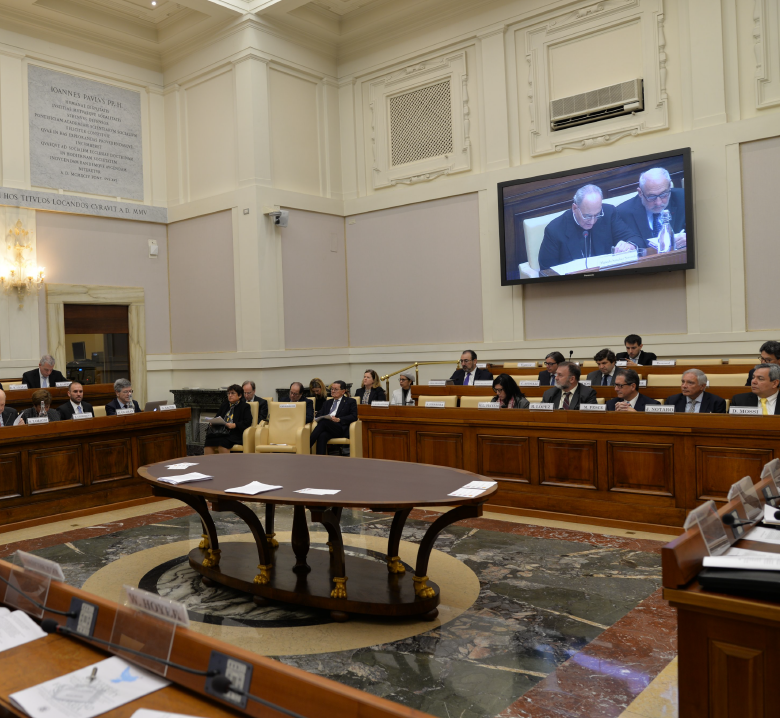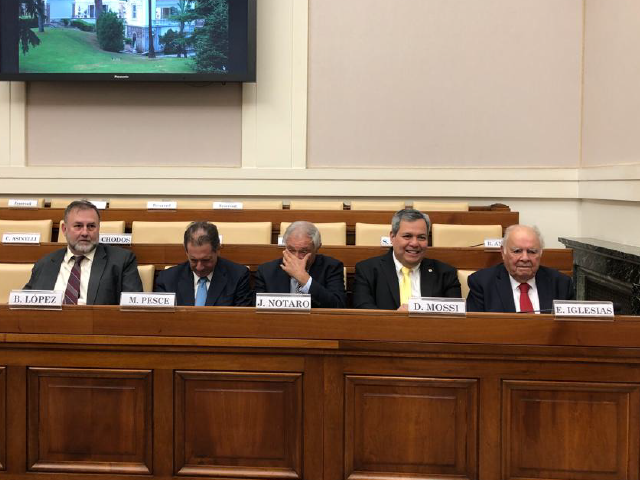Commitment to the well-being of the region.
The Republic of China (Taiwan) joined CABEI in 1992 and is one of the Bank's first non-regional members; its incorporation enabled the Bank to issue and place its first bonds on the international market. At the close of 2021, it is the non-regional member with the highest shareholding (11.4%) with a subscribed capital of USD776.3 million and contributions amounting to USD133.6 million.
In the coordination of development projects, the Republic of China (Taiwan) cooperation for the region focuses on key areas for poverty reduction, such as food security, education, agriculture, Micro, small and medium-sized enterprises, agribusiness, coffee producing sector affected by rust, export promotion and forestry and industrial development.
As a relevant fact, in 2020, thanks to the alliance with its non-regional partner country, CABEI made it's 19th issue in the Taiwan capital market, historically totaling US$ 2.3 billion.
In 2021, CABEI opened its representative office in the Republic of China (Taiwan) located at the Taipei 101 building.
CABEI participates in international economics conference together with leaders of global development banking
The conference, which was denominated, "New Forms of Solidarity Towards Fraternal Inclusion, Integration and Innovation (I+I+I)," was held in Vatican City.
Tegucigalpa, February 5, 2020.- The Executive President of the Central American Bank for Economic Integration (CABEI), Dr. Dante Mossi, participated in the conference “New Forms of Solidarity Towards Fraternal Inclusion, Integration and Innovation (I+I+I)," which was organized in Rome by the Pontifical Academy of Social Sciences.
The seminar was held in Casina Pío IV, which is a Renaissance building nestled in the Vatican Gardens, and brought together high-level economists from around the world and representatives of multilateral organizations.
During his speech in Panel II denominated, "Transforming the Rules of International Financial Architecture: Economic and Financial Stability," Dr. Mossi highlighted the importance of integrating innovation in the different financial modalities and instruments used in the region.
As an example, he cited the most recent issuance of the Bank's green bond, which identified actions that contribute to climate change issues. During the 2015-2019 period alone, CABEI invested US$3.9 billion in operations focused on mitigating climatic phenomena.
As a commitment to the aforementioned, CABEI had already established its Zero Carbon Declaration, in which it reaffirms its sustainable and environmentally-friendly approach.








